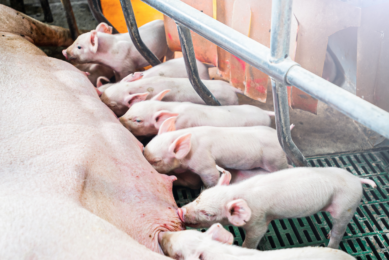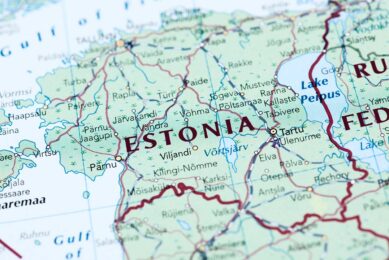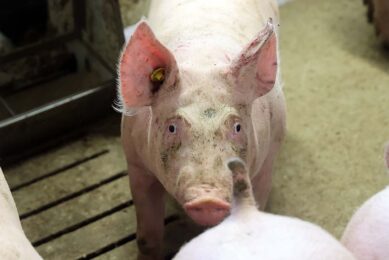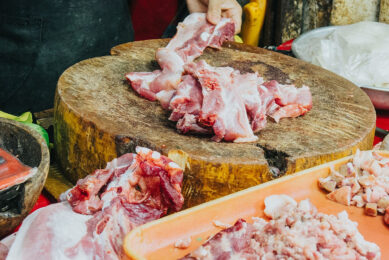Estonian farmers: WTO-member Russia should lift pig import ban
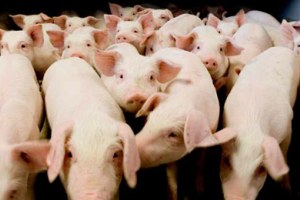
Russia’s recent accession to the ranks of the World Trade Organisation has other members examining Russia’s current import bans. Russia has an import ban in place on the importation of live pigs from Estonia, and Estonian farmers are asking what the European Union is doing to have the ban lifted.
Kristina Uibopuu, the Estonian Agriculture Ministry’s permanent representative to the World Trade Organisation, says that she has been recently promised that the European Union will defend the interests of Estonian, Latvian and Lithuanian farmers, in the face of an on-going Russian ban on the importation of EU livestock products.
“The EU trade commissioner said two weeks ago that we won’t hesitate to go to the WTO’s internal tribunal if the problem doesn’t resolve itself soon,” she said in the recent interview.
The ban on the import of pork from Estonia established by Russian authorities in March still stands, even though Russia became a full member of the WTO about a month ago. Pig farmers exported 211,000 animals to Russia in 2011. This year only 74,000 pigs have been exported so far, most of them to Latvia, Lithuania and Poland where prices are 15% lower, according to statistics services. The ban also pushed local market prices up as competitiveness increased.
In the current situation, Estonian farmers claim that the European Commission should force Russia to lift the ban for not complying with WTO rules. Otherwise, Estonian pig businesses may soon face bankruptcy.
“Our future really depends on how much the price of pork will rise, as feed prices have seen substantial rises. If the meat price increases, farmers will survive, but if it doesn’t keep up with grain prices, it is hard to predict what will happen,” said a supervisory board member at Viru Lihaühistu (the Viru Meat Association), Einar Jakobi.
“Russia has been a member of the WTO for over a month now and the European Union has not moved a muscle to file a complaint. And actually it isn’t just about Estonia, but Latvia and Lithuania, too,” said Jaan Sõrra, president of the central farmers confederation of the country.
Source: Vladislav Vorotnikov



